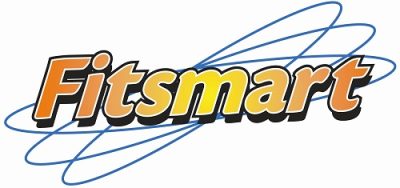April 18, 2025
Antioxidants
Antioxidants
Used to help restore and strengthen the body’s immune system.
Antioxidants are common in Vitamin A, Zinc, Iron and Phyto-nutrients with an antioxidant role like Beta Carotene, Vitamin C, B Vitamins, Selenium and Copper.
Vitamin A aids the strength of the mucosa in your lungs, nose and mouth. This is your area of first defense. Good sources of Vitamin A are Cheese, Yoghurt, Oily Fish and Milk. Recommended daily intake of Vitamin A is 900 micrograms (mcg), but not higher than 3000mcg.
Measurable by Oxygen Radical Absorption Capacity (ORAC) units representing the number of harmful molecules causing oxidative damage that can be made harmless by 100g of the following foods (Jean Mayer USDA Human Nutrition Research Centre – Boston USA)
Source : http://www.agingeye.com/nutrition/nutritional_corner/food_value.php?sub=2
ORAC Units | |
Prunes | 5770 |
Raisins | 2830 |
Blueberries | 3400 |
Blackberries | 2036 |
Strawberries | 1540 |
Spinach | 1260 |
Raspberries | 1220 |
Brussell Sprouts | 980 |
Plums | 949 |
Alfalfa Sprouts | 930 |
Broccoli | 890 |
Beets | 840 |
Oranges | 750 |
Red Pepper | 710 |
Cherries | 670 |
Kiwi Fruit | 602 |
Grapefruit | 483 |
Onion | 450 |
Egg | 400 |
Eggplant | 390 |
NB: These foods are simply the foods highest in vitamins, minerals and orac units used to battle free radicals in the body. They are targeted at supporting a person’s immune system and helping to rebuild in times of stress (eg. exercise).
Antioxidants are not panaceas for illnesses and are not considered a means of fighting severe illness.
Our most effective use currently is preventative but, they can be useful in minor ailment recovery, provided they are taken correctly. Most experience seems to indicate slow ingestion,( drip feed) eg. for a cold, a strawberry every few minutes, or a sip of a glass of diluted orange juice over time (maybe an hour or two), is more effective than using high potency and large doses.
This allows the body to absorb the nutrients over a longer time with repeated small doses rather than just using what it can and flushing the remainder.
NB: Exercise stimulates your immune system during the exercise, but for two hours after exercise, your body’s immune system will drop down to a below average measure. It’s at this point that we specifically need antioxidants to ward off potentially bad infections. This will help restore your body’s immune system back to normal as well as rest (even a 5 min nap), and re-hydration.
